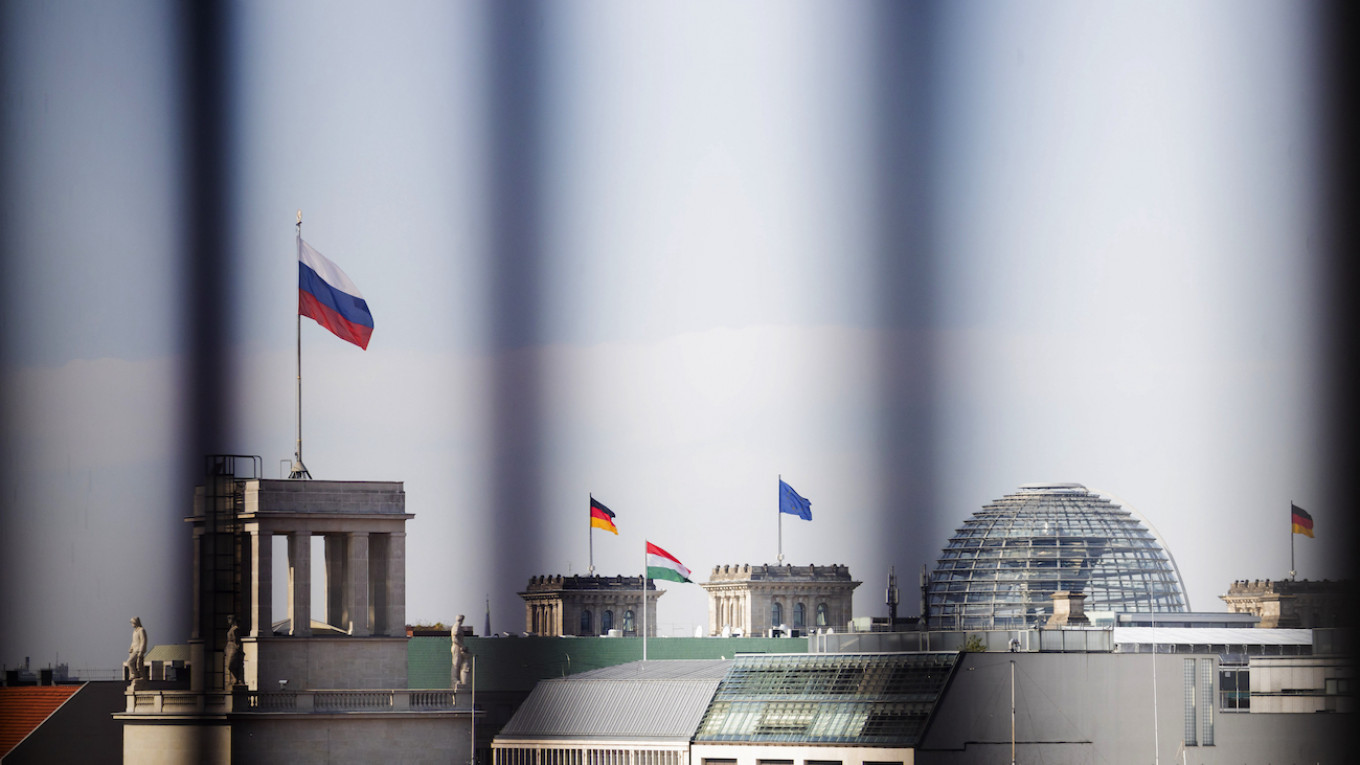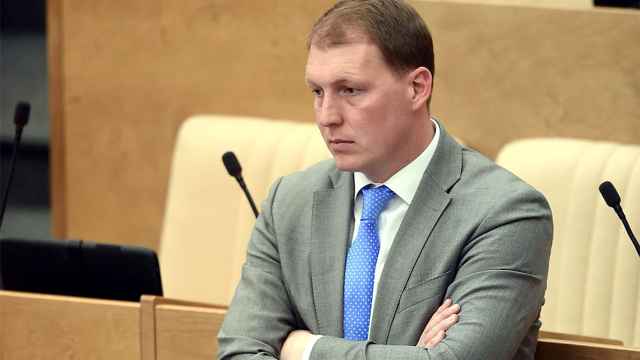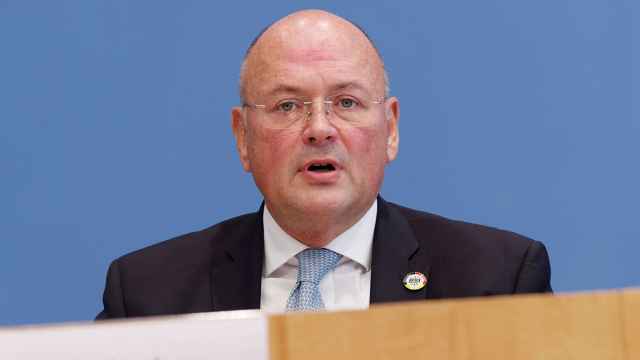Several German lawmakers have once again fallen victim to a cyberattack, local media said Friday, with security experts pointing the finger at Russian hackers.
Hackers used phishing emails to gain access to the computers of at least seven federal MPs and 31 lawmakers in regional parliaments, according to Der Spiegel weekly.
A spokesman for the lower house of parliament confirmed the cyber attack but said there was "currently no indication" of a direct attack on the IT infrastructure of the German Bundestag.
Security experts suspect Russia's GRU military intelligence service of being behind the hacking, Der Spiegel said, through the "Ghostwriter" group which reportedly specializes in spreading disinformation.
It remains unclear if any sensitive information was accessed, the magazine added.
Most of the lawmakers targeted come from Germany's ruling coalition parties, the CDU/CSU conservative bloc and the center-left Social Democrats, Spiegel said.
Several political activists were also affected, Spiegel added.
German Chancellor Angela Merkel last year said she had concrete proof that Russia was targeting her in cyber attacks.
The most high-profile incident blamed on Russian hackers to date was a cyber attack in 2015 that completely paralyzed the computer network of the Bundestag, forcing the entire parliament offline for days while it was fixed.
German prosecutors last month filed espionage charges against a German man suspected of having passed the floorplans of parliament to Russian secret services in 2017.
Foreign Minister Heiko Maas last week said Germany was expecting to be the target of Russian disinformation in the run-up to its general election in September, calling it "completely unacceptable."
Russia denies being behind such activities.
A Message from The Moscow Times:
Dear readers,
We are facing unprecedented challenges. Russia's Prosecutor General's Office has designated The Moscow Times as an "undesirable" organization, criminalizing our work and putting our staff at risk of prosecution. This follows our earlier unjust labeling as a "foreign agent."
These actions are direct attempts to silence independent journalism in Russia. The authorities claim our work "discredits the decisions of the Russian leadership." We see things differently: we strive to provide accurate, unbiased reporting on Russia.
We, the journalists of The Moscow Times, refuse to be silenced. But to continue our work, we need your help.
Your support, no matter how small, makes a world of difference. If you can, please support us monthly starting from just $2. It's quick to set up, and every contribution makes a significant impact.
By supporting The Moscow Times, you're defending open, independent journalism in the face of repression. Thank you for standing with us.
Remind me later.






